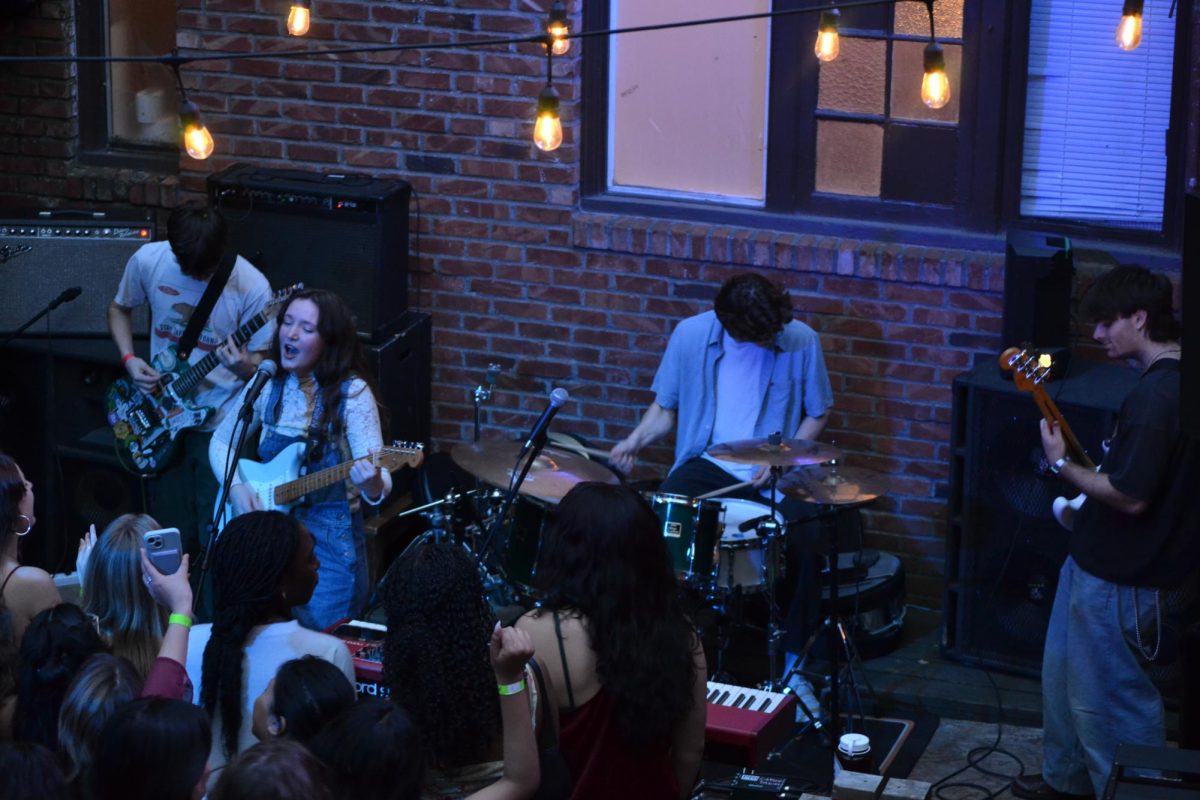The following is a review of Netflix’s original series “Special.” It contains some spoilers.
With lines like, “Even normal people ask for help,” and “People with [cerebral palsy] can be assholes, too,” Netflix’s original series “Special” does not seek to sugarcoat things.
Written, produced and starring by Ryan O’Connell, “Special” follows a semi-autobiographical account of a gay, disabled man’s journey to come to terms with his cerebral palsy (CP) and be honest to his friends and co-workers about his disability.
The main character (also named Ryan) uses the excuse of an accident where he was hit by a car as the reason he walks with a limp throughout the entire series, until he finally comes “out of the closet” about being disabled in the final episode.
“Special” does many things right — it balances a unique challenge of being gay and disabled in a world that is still discriminatory towards both identities. It does not sugarcoat many of the difficult realities that disabled people face — especially those who have mild forms.
As a person with CP, I was able to relate to many things that the show depicted.
From the very first scene where Ryan is walking down the street and falls over while a kid is watching, I found myself chuckling at the all-too-familiar scenario. While I have never personally had a kid scream at me due to my CP, I am all too familiar with the sometimes well-meaning (sometimes not) questions regarding why I walk weird.
Usually, I have felt that my explanation, much like what Ryan says to the kid, is seen as weird. I’ve never had a kid scream, but I have had the nods and the feeling that the person who asked would rather I had not told them the whole truth.
That being said, while “Special” tries to advertise itself as a show about being special because you have a disability and are gay, the show itself seems to focus more on the aspect of Ryan’s love life than his disability.
On one hand, I like that the show is about a gay man who happens to have a disability. But on the other hand, the show specifically advertises its purpose as displaying this man as special because he has CP.
From my perspective, this reality didn’t really hold up as the show itself seemed to contradict itself.
Throughout the series, Ryan hides his disability from his coworkers behind a facade, but even when he comes clean at the end of the series it doesn’t strike me as a moment of growth.
In the very next scene after he tells everyone about his CP, he essentially leaves his mom after they fight about his CP being a burden and her being over-protective.
While the show, including the final scene, does a great job overall of reflecting real-life realities for mildly disabled people, it’s not the feel-good show that I was expecting when I first started watching it.
Being real with the audience regarding the struggles of disabled people is not a bad thing, but when it’s a constant journey of slowly falling apart as the show depicts, it does not lend itself to a great representation.
I wanted to love this show, and I almost did enjoy it, but it undid itself with the various statements (like the first two at the beginning of this article) that served to demean me, and people like me, who have disabilities.
Furthermore, the final argument between Ryan’s mother and Ryan shows how he is victorious in a way when he reveals he has CP to his co-workers and is able to come to terms that having a disability is who he is. He begins to understand he should not be ashamed of that, but that realization effectively becomes undone in the following scene.
His mother basically tells him he was a burden because of his disability, which was not a great message to end the series on for those who are looking for representation.
“Special” has not yet been renewed for a series two.

















































































